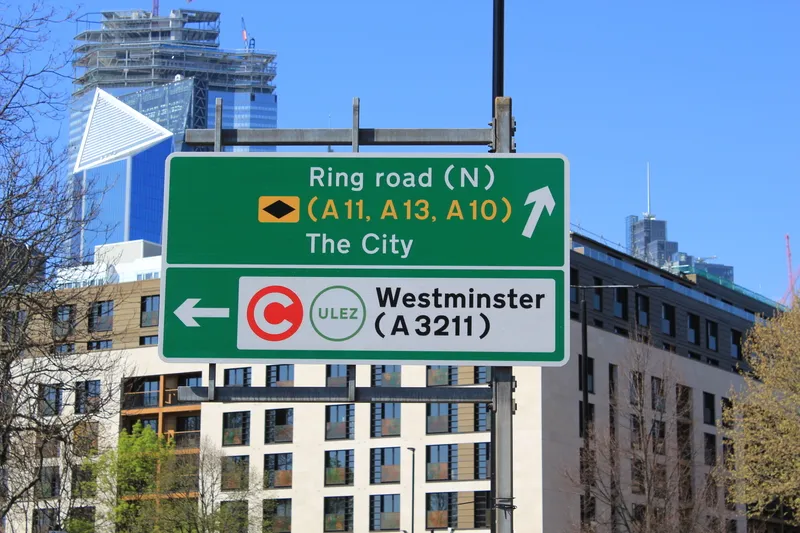
While low-emission zones (LEZ) are crucial in cutting emissions and improving urban mobility, there is pushback from citizens who don't want their ability to travel impeded.
EIT Urban Mobility's new study on Urban Vehicle Access Regulations (UVARs) looks at the examples set by European cities such as Milan, Barcelona and London.
An initiative of the European Union's European Institute of Innovation & Technology (EIT), the report was developed in collaboration with Abertis Mobility Services (AMS) and demonstrates the need for EU and national level guidance to showcase best practices in order to meet climate neutrality targets by 2050.
In Europe, 94% of the urban population is exposed to NO2 pollution levels above World Health Organisation guidelines - and people want cleaner mobility.
But access to UVARs and availability of information is often a subject of complaints from motorists who are not aware of local requirements - hence the need for the provision of information and data sharing.
“UVAR are emerging as crucial for cities on their path to net zero mobility across Europe and beyond," explains Maria Tsavachidis, CEO of EIT Urban Mobility.
"The growing number of diverse initiatives like LEZ, congestion charging zones, and others, call for actively involving stakeholders and citizens, and to properly communicate these schemes’ objectives."
Christian Barrientos, CEO of AMS, says LEZ deployments are a "first step in reducing pollution and improving air quality in cities".
But he warns: "Once all cars have been renewed to electric and cleaner vehicles, traffic congestion will reappear.”
“Following the examples of Milan and London, integrating LEZ and congestion charge can encourage a real change in behaviour and convince citizens to leave their cars at home and use more sustainable and efficient ways of transportation.”
But cities must clearly explain the advantages to their citizens, he says: “Local authorities need to strive to communicate the benefits of these schemes well and ensure enforcement and acceptance, and also explain that funds raised will be allocated to guarantee the long-term sustainability of public transportation and active mobility."
Read the report here









